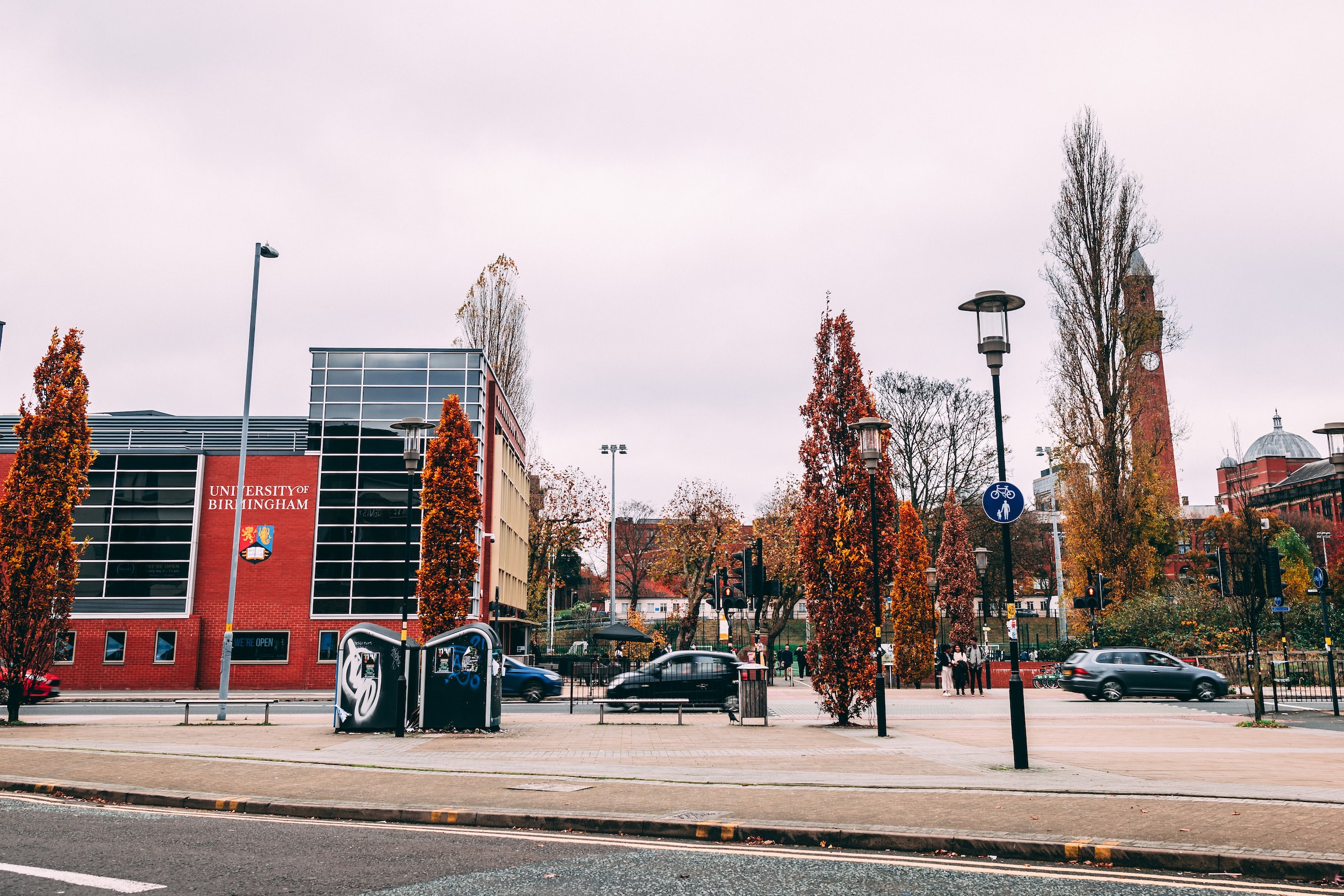
Comment Writer Eleanor Bergin discusses the easing of lockdown, arguing that it begs the question of what services are ‘essential’ and demonstrates a lack of concern for the safety of the British public
Since the outbreak of coronavirus, we have become accustomed to only being allowed to partake in the most ‘essential’ acts in our everyday lives, whether that’s essential outings, work, or contact with others. So, as shops have begun to reopen over the last week and high streets are bustling once again, there has undoubtedly been confusion surrounding exactly how ‘essential’ this decision is. The announcement that restaurants, pubs, and hairdressers are to reopen from 4 July, alongside the growing pressure on hospitality services and theme parks to welcome guests, begs the question: are the government’s priorities in their recent response to the pandemic askew? Is there a new type of ‘essential’ beginning to form?
The nation applauded our key workers every Thursday evening and they were the first to qualify for a free coronavirus test suggesting a great admiration for those working whilst the infection rate and uncertainty surrounding the pandemic were at its worst, and rightly so. From health and social care workers to teachers and bus drivers, we shed light upon their value more than ever. Yet, as ‘non-essential’ businesses begin to open their doors, has the previously established essential status of key workers been diminished? As retail workers make their way back to work, can they be placed within this same category?
Yet, as ‘non-essential’ businesses begin to open their doors, has this previously established essentialness of key workers been diminished?
Although there has understandably been a large emphasis placed upon the need to social distance and make only necessary trips, these recent changes could potentially undermine all of the sacrifices made by the general public during lockdown. It is clear that as the number of coronavirus cases is gradually declining, there has been a shift from ensuring everybody’s safety, towards rebuilding the economy, although this has arguably been the main consideration since the beginning. The fact that retail and hospitality services are opening, whilst schools are not receiving the same attention, further complicates the seemingly controversial decision. Surely a day out shopping can be postponed, but an entire school term is simply irreplaceable.
Surely a day out shopping can be postponed, but an entire school term is simply irreplaceable
Moreover, as the economy seems to be placed as the main concern, business owners and their employees may feel likened to commodities to assist economic growth and help in the aftermath of the virus, lacking consideration for people’s livelihoods and wellbeing. When recently interviewed by The Guardian, retail workers revealed concerns that customers were not properly following social distancing rules, with one worker stating that he felt ‘paranoid’ in his disconcerting new work environment. Although the government decision to seemingly place profits over all else may be unsettling, employees are ultimately left without any other choice. Meanwhile, many shoppers may see the reopening as an opportunity for an outing rather than an essential trip, neglecting the safety of the workers.
Does this sudden change represent a gradual return to normality? Or does it introduce a new ‘essential’ way of living, with the inclusion of so many safety restrictions? These measures are, in themselves, something we must be prepared to deal with over the course of this year, as we brace ourselves for a long journey back to complete normality. Whilst the restrictions encourage caution amongst many, fears of voluntarily returning to the familiarity of our favourite shops and restaurants may keep customers away. However, the long queues on many high streets on the day of reopening last week suggest a desire for this return. Yet, if there are less shoppers whilst workers simultaneously put themselves at risk, surely this decision does not truly help anyone or work to deem a trip to Primark as essential.
After months in lockdown and the need to stabilise the condition of the virus in the UK now more than ever to avoid a second peak, I argue that reopening retail and hospitality services only does the opposite. In light of this decision, it seems that questioning how essential our acts are has once and for all taken a back seat. It seems that we are becoming too laid back as a nation in our recent response to the pandemic and once again non-essential is returning to our vocabulary.
Related Articles:
Boris Johnson’s Lockdown Approach: Wealth over Health
The Success of Female Leaders During Coronavirus
Uncertainty Surrounds the End of Furlough and Return to Work
Comments